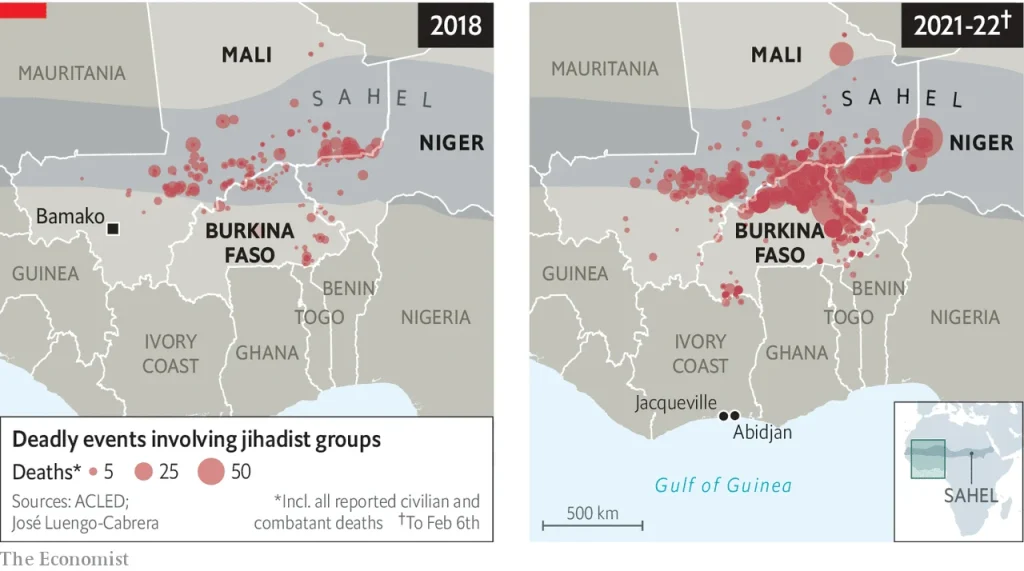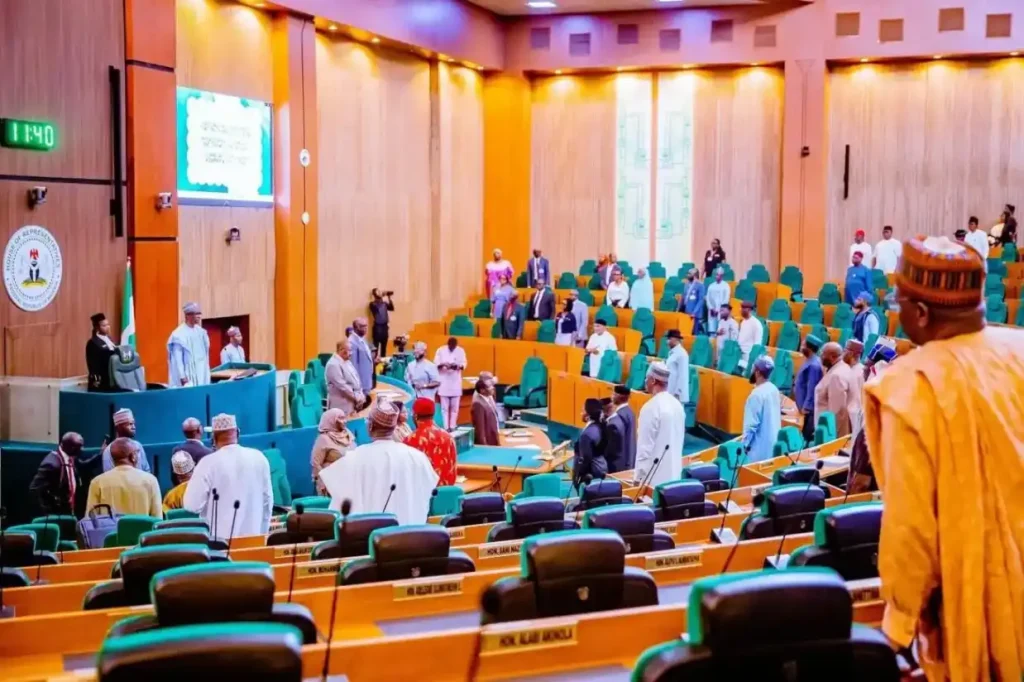UK Secretary of State for Business and Trade, Kemi Badenoch, has expressed strong criticism of Nigeria’s governance and economic challenges, drawing comparisons to her aspirations for Britain. Speaking at a recent event, Badenoch, of Nigerian descent, highlighted her family’s financial struggles in Nigeria, attributing them to poor governance and inflation.
“I don’t want Britain to be like poor Nigeria, where a terrible government destroys lives,” Badenoch said. She recounted how inflation and a lack of effective leadership severely impacted her family, leading to worsening financial conditions. Her remarks underscored the stark economic realities faced by many Nigerians due to governance issues, inflation, and systemic inefficiencies.
The trade secretary emphasized her commitment to ensuring that Britain avoids similar pitfalls, advocating for policies that prioritize economic stability and robust governance. Badenoch’s statements also touched on the role of government in fostering a conducive environment for businesses and improving citizens’ quality of life.
The comments have sparked widespread reactions, with some praising her for shedding light on Nigeria’s challenges, while others have criticized her for painting a negative image of the country on an international stage.
In Nigeria, inflation has remained a significant concern, contributing to rising poverty levels and economic hardships for millions of citizens. Critics of the government argue that inadequate economic policies and corruption have exacerbated these issues, leaving many Nigerians disillusioned about the future.
Badenoch’s remarks also resonate with a broader narrative about the Nigerian diaspora’s perspective on governance and economic management in their home country. Many in the diaspora have expressed frustration with the country’s inability to realize its potential despite abundant resources and a vibrant population.
While her statements have drawn mixed reactions, they have reignited conversations about the importance of leadership and accountability in addressing systemic challenges in Nigeria. Observers note that her insights could serve as a call to action for Nigerian policymakers to prioritize reforms and implement sustainable solutions to the country’s pressing issues.
As a prominent figure of Nigerian descent in global politics, Badenoch’s words carry weight and could influence perceptions of Nigeria internationally. Her emphasis on avoiding governance pitfalls in Britain also highlights the interconnectedness of leadership and economic prosperity in today’s globalized world.





















